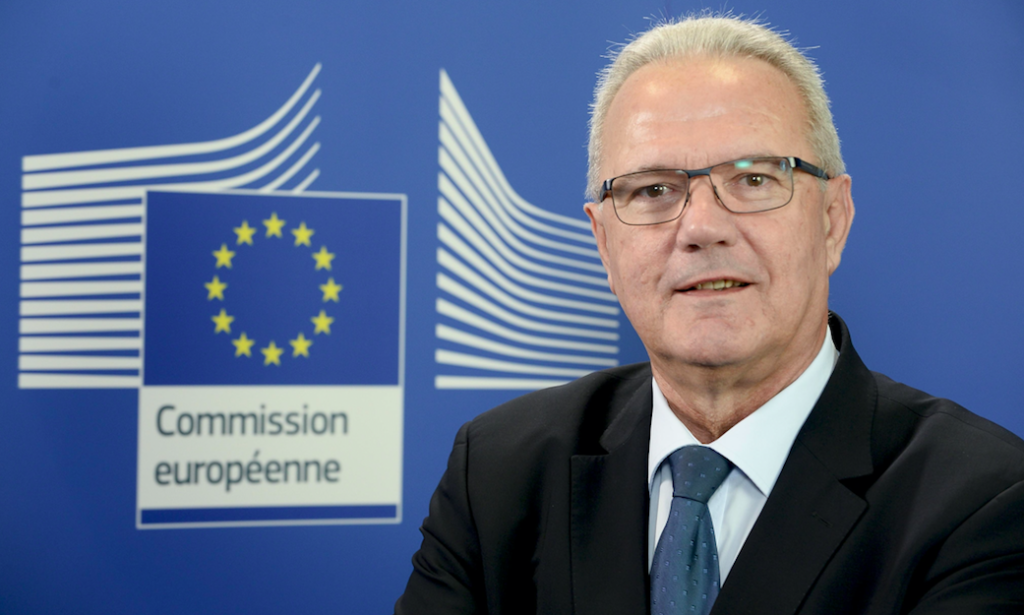In our highly interconnected world of today, where closer regional and inter-regional cooperation is essential for peace and prosperity, Europe and Central Asia have never been so close. Neither have the potential benefits of working even more closely together been so evident.
We are witnessing a time of important change for Central Asia. Central Asian States are opening up, implementing reforms, and advancing regional cooperation among themselves. They have become stronger through increased independence and inter-dependence. In short, Central Asia’s political importance is now reflecting its geographical place as pivotal partner for the East and for the West, although many challenges still remain.
In this new, positive political context, the European Union – with all EU Member States behind it – has devised a new approach to its relations with Central Asia. Our new strategy focusses on supporting the region’s resilience and prosperity, building on our extensive existing cooperation, to create a modern EU-Central Asia partnership for the benefit of our citizens.
The European Union is a natural partner for the region. We have a history that has convinced us of the benefits of cooperation and integration with our neighbours, and we can share this experience without playing political games.
We want to support the countries of Central Asia in becoming more resilient, whether societally, economically, or environmentally. This means strengthening independent media, opening space for civil society, reinforcing the rule of law and good governance, combatting corruption, and empowering youth.
We also want to contribute to the region’s prosperity. The EU, as the largest source of private investment worldwide, has the potential to bring significant quality investment in sustainable connectivity projects in Central Asia, provided a sound business climate is in place. To that end, the EU will continue to support the reform and modernisation of the economies of the region, including the development of a strong private sector. The EU also remains a key supporter of the accession of all Central Asian states to the World Trade Organisation.
Besides these two pillars, the European Union and Central Asia will look to work together more closely to connect our two regions, as well as to enhance links within Central Asia itself, making sure that this is done in a sustainable, open and rules-based way that avoids indebtedness or poor quality infrastructure.
Similarly, the European Union will partner with Central Asia to face the many challenges that no single country can address alone, ranging from the environment, including water management, border management to the fight against terrorism and trafficking of illicit drugs.
Peace in Afghanistan is another challenge that requires the active support of the international community, including Central Asian partners. Integrating Afghanistan as appropriate in relevant regional meetings and programmes, and supporting more regional and trilateral cooperation projects with Afghan and Central Asian partners, will therefore remain a priority in our joint work.
This weekend in Bishkek, the European Union and the Central Asian States will hold our annual regional meeting at the level of Foreign Ministers. The European Union’s message will be that our cooperation can bring real, tangible benefits to citizens in the region and in the EU, from stronger and diversified economies, more opportunities for students to experience Europe, more job opportunities, and a more peaceful, secure region for all. In today’s world, we need a stronger partnership between our two regions. Let us work together to achieve it.
Federica Mogherini is the European Union High Representative for Foreign Affairs and Security Policy & Vice-President of the European Commission and Neven Mimica is the European Commissioner for International Cooperation and Development.


